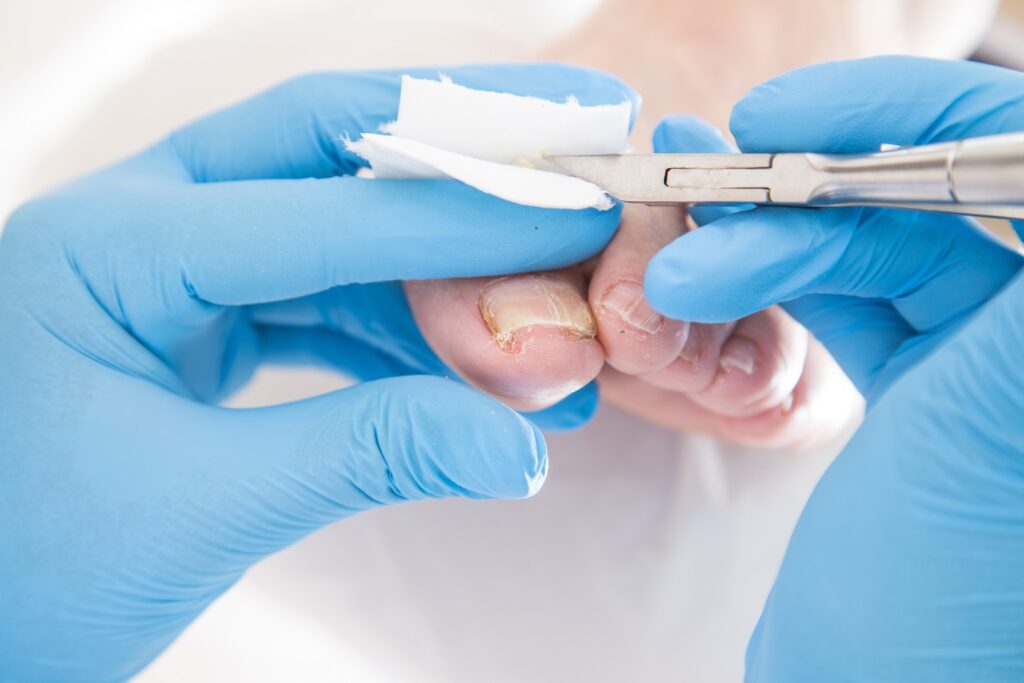Toe Fungus Treatment: Strategies For Managing Onychomycosis

Onychomycosis, commonly known as toe fungus, is a fungal infection that affects the toenails. This condition can be persistent and challenging to treat. Effective management involves a combination of topical and systemic approaches, lifestyle modifications, and preventive measures. Visit here to get valuable info about toe fungus treatment near me.
Topical antifungal medications:
One of the primary methods for treating toe fungus is the application of topical antifungal medications. These creams, ointments, or nail lacquers typically contain active ingredients like terbinafine, ciclopirox, or amorolfine. Regular and consistent application is essential, and it may take several months to see visible improvement.
Oral antifungal medications:
For more severe cases or when topical treatments prove ineffective, oral antifungal medications may be prescribed. Drugs such as terbinafine and itraconazole work systemically, targeting the fungus from within. However, these medications may have side effects and require close monitoring by a healthcare professional.
Laser therapy:
Laser therapy is a relatively newer treatment option for toe fungus. It involves using laser light to penetrate the nail and target the underlying fungal infection. While research is ongoing to determine its long-term efficacy, some individuals have reported positive outcomes. Laser therapy is typically considered when other treatments haven’t provided satisfactory results.
Surgical intervention:
In severe cases where the infection is extensive or causing significant discomfort, surgical intervention may be considered. This may involve partial or complete nail removal to facilitate the application of antifungal medications directly to the nail bed.
Proper nail care:
Maintaining proper nail hygiene is crucial in toe fungus treatment. Keeping the toenails clean, trimmed, and dry helps prevent the recurrence and spread of the infection. Avoiding tight-fitting shoes and wearing breathable socks can contribute to a less favorable environment for fungal growth.
Over-the-counter antifungal products:
There are various over-the-counter antifungal products, including creams, powders, and ointments, that individuals can use as part of their toenail fungus treatment. While these may provide relief for mild cases, it’s essential to be cautious and follow instructions carefully, as OTC products may not be as potent as prescription medications.
Certain home remedies, such as tea tree oil, vinegar soaks, or coconut oil, are often explored by individuals seeking alternative treatments. While some people report anecdotal success, scientific evidence supporting the efficacy of these remedies is limited. It’s advisable to consult with a healthcare professional before relying solely on home remedies.



